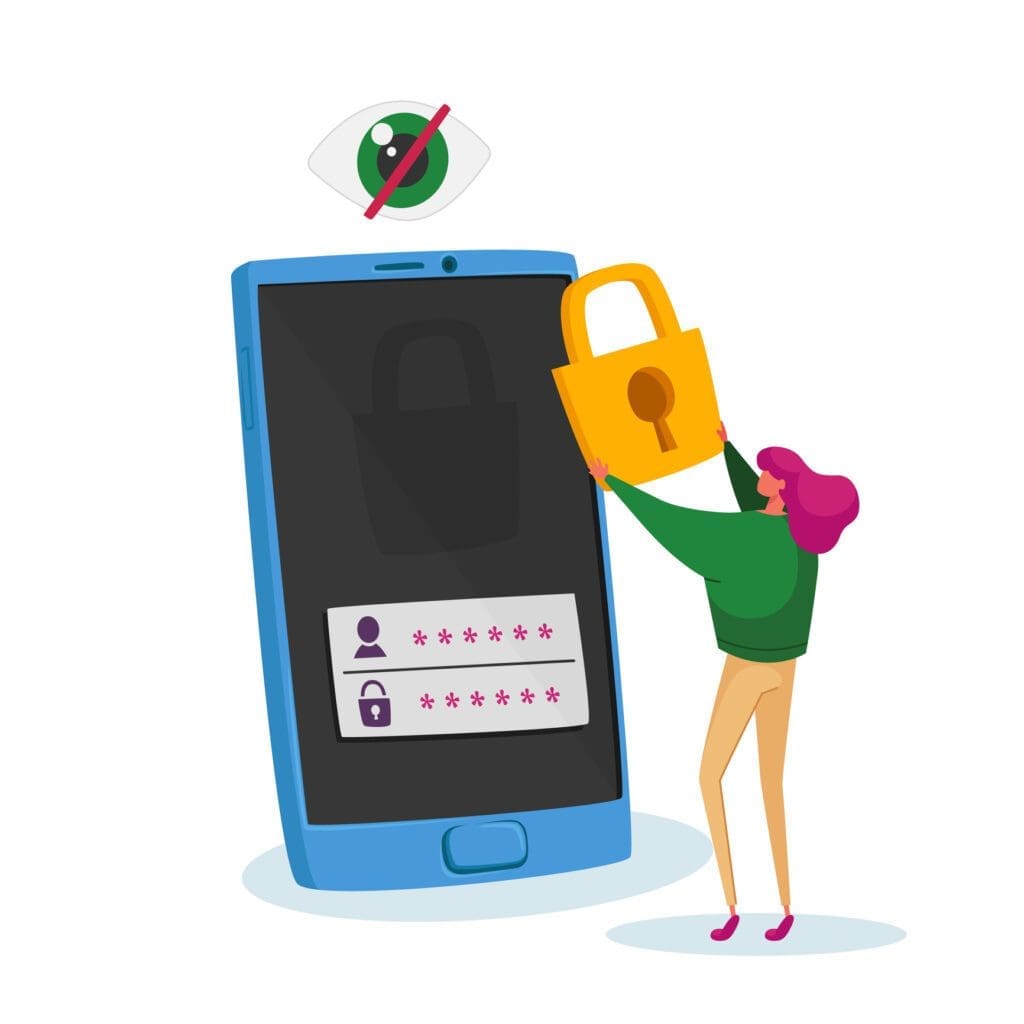 Over Memorial Day weekend, my phone unfortunately found its way to the bottom of a lake. In the days that followed, as I scrambled to acquire a suitable replacement, I had a sobering realization: I’ve become far more dependent on that little device in my pocket than I ever imagined I would.
Over Memorial Day weekend, my phone unfortunately found its way to the bottom of a lake. In the days that followed, as I scrambled to acquire a suitable replacement, I had a sobering realization: I’ve become far more dependent on that little device in my pocket than I ever imagined I would.
It started that very night. On the way home, I stopped to pick up a couple of pizzas for dinner. Without my phone, I couldn’t place the order online, and as a result, I had to pay nearly double. I couldn’t access online specials or coupons: just the menu price of nearly $20 per pizza.
Once I got home, I remembered that I’d promised to take the kids to a Royals game the next evening. Again, I ran into digital walls. I used our home computer to try to buy the tickets but quickly hit another snag. I rely on fingerprint authentication rather than memorizing passwords, which meant I couldn’t log into the ticket provider’s site without resetting mine. To reset it, I needed access to my email—but my email is also protected by two-factor authentication, which required a text message to be sent to my (now waterlogged) phone.
Eventually, I used my wife’s credentials to buy the tickets. Problem solved? Not quite. Royals tickets can only be accessed through a specific mobile app. No printed tickets. No emails. No exceptions.
That’s when I came to the realization of just how unstable and unforgiving our digital world has become. My issues were minor, just pizza and baseball tickets, but what if I had needed life-saving medicine? Or had to urgently transfer money to someone in crisis? What if this weren’t just an inconvenience, but a genuine emergency?
We learned a lot about fragility during COVID. One small disruption in a supply chain, and entire systems ground to a halt. Remember the shortages of baby formula, toilet paper, and hand sanitizer? It doesn’t take much to expose how brittle our infrastructure really is.
Former options trader and quantitative analyst Nassim Nicholas Taleb explained in his book The Black Swan that the more complex, centralized, and interdependent a system is, the more fragile it becomes. He warns against trusting systems that appear efficient but have no buffers against rare, high-impact events.
In other words, storing everything digitally is like building a house of cards. We assume that because digital systems feel fast, convenient, and seamless, they must be secure and stable. In truth, they might be just one glitch, one cyberattack, or one natural disaster away from total collapse.
As we rush toward an ever more connected and digitized future, it’s worth pausing to ask: what happens when the systems we’ve built to simplify our lives become the very things that unravel them in a moment of failure? Convenience is valuable, but resilience is essential. If we don’t start building in buffers, both technological and human, we may one day find ourselves locked out of far more than just ballgames and pizza deals.
(Past performance is no guarantee of future results. The advice is general in nature and not intended for specific situations)
